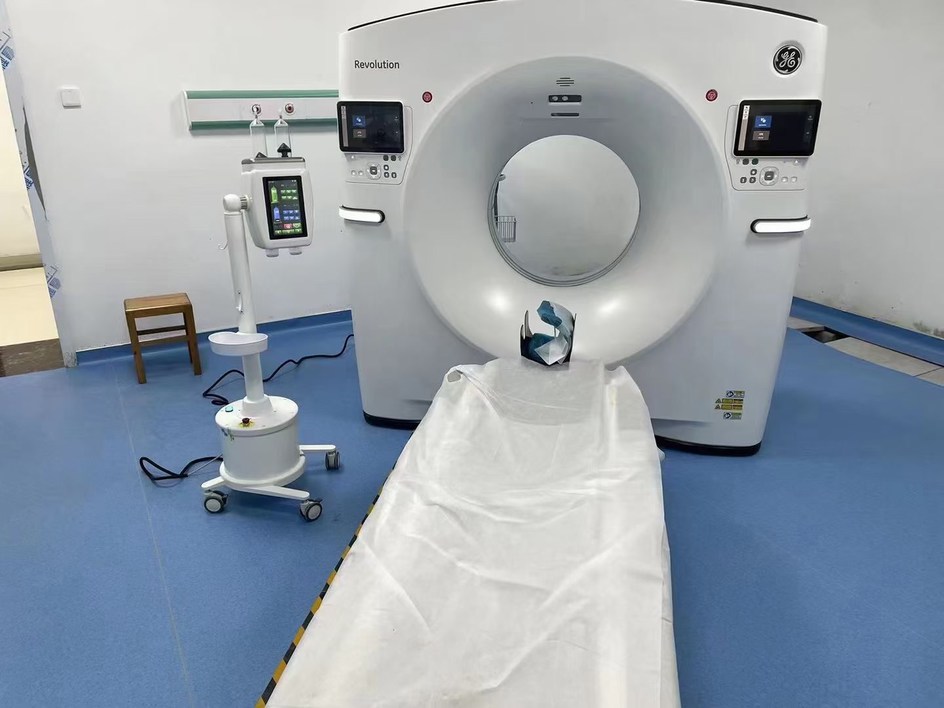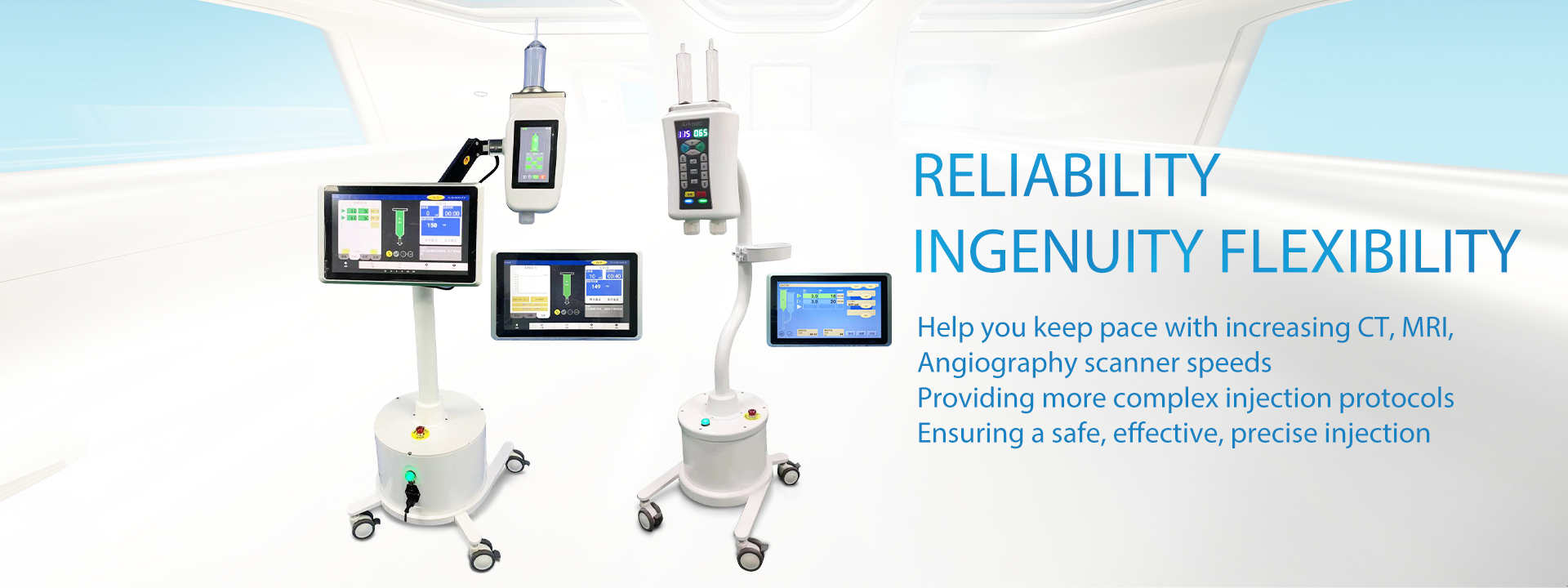A new study titled “Utilizing Pix-2-Pix GAN for Deep Learning-Based Whole-Body PSMA PET/CT Attenuation Correction” was recently published in Volume 15 of Oncotarget on May 7, 2024.
The radiation exposure from sequential PET/CT studies in oncology patient follow-up is a concern. In this recent investigation, a team of researchers including Kevin C. Ma, Esther Mena, Liza Lindenberg, Nathan S. Lay, Phillip Eclarinal, Deborah E. Citrin, Peter A. Pinto, Bradford J. Wood, William L. Dahut, James L. Gulley, Ravi A. Madan, Peter L. Choyke, Ismail Baris Turkbey, and Stephanie A. Harmon from the National Cancer Institute at the National Institutes of Health introduced an artificial intelligence (AI) tool. This tool aims to generate attenuation-corrected PET (AC-PET) images from non-attenuation-corrected PET (NAC-PET) images, potentially reducing the necessity for low-dose CT scans.
“Ai-generated PET images have the clinical potential to reduce the need for attenuation correction on CT scans while preserving quantitative markers and image quality for prostate cancer patients.”
Methods: A deep learning algorithm based on 2D Pix-2-Pix generative adversarial network (GAN) architecture was developed based on paired AC-PET and NAC-PET images. The 18F-DCFPyL PSMA (Prostate-specific membrane antigen) PET-CT study of 302 patients with prostate cancer was divided into training, validation, and testing groups (n 183, 60, and 59, respectively). The model was trained using two standardized strategies: Standard Uptake Value (SUV) based and SUV-NYUL based. Scanning horizontal performance was evaluated using normalized mean square error (NMSE), mean absolute error (MAE), structural similarity index (SSIM) and peak signal-to-noise ratio (PSNR). The nuclear medicine physician prospectively performed a lesion level analysis of the area of interest. The SUV indicators were evaluated using intra-group correlation coefficient (ICC), repeatability coefficient (RC), and linear mixed effects models.
Results:In the independent test cohort, the median NMSE, MAE, SSIM, and PSNR were 13.26%, 3.59%, 0.891, and 26.82, respectively. The ICC for SUVmax and SUVmean were 0.88 and 0.89, indicating a strong correlation between the original and AI-generated quantitative imaging markers. Factors such as lesion location, density (Hounsfield units), and lesion uptake were found to impact the relative error in the generated SUV metrics (all p < 0.05).
“The AC-PET generated by the Pix-2-Pix GAN model demonstrates SUV metrics that closely align with the original images. AI-generated PET images exhibit promising clinical potential for reducing the necessity of CT scans for attenuation correction while maintaining quantitative markers and image quality.”
——————————————————————————————————————————————————————————————————————————————————————————–
As we all know, the development of the medical imaging industry is inseparable from the development of a series of medical equipment – contrast agent injectors and their supporting consumables – that are widely used in this field. In China, which is famous for its manufacturing industry, there are many manufacturers famous at home and abroad for the production of medical imaging equipment, including LnkMed. Since its establishment, LnkMed has been concentrating on the field of high-pressure contrast agent injectors. LnkMed’s engineering team is led by a Ph.D. with more than ten years of experience and is deeply engaged in research and development. Under his guidance, the CT single head injector, CT double head injector, MRI contrast agent injector, and Angiography high-pressure contrast agent injector are designed with these features: the strong and compact body, the convenient and intelligent operation interface, the complete functions, high safety, and durable design. We can also provide syringes and tube sthat are compatible with those famous brands of CT,MRI,DSA injectors With their sincere attitude and professional strength, all employees of LnkMed sincerely invite you to come and explore more markets together.
Post time: May-14-2024










